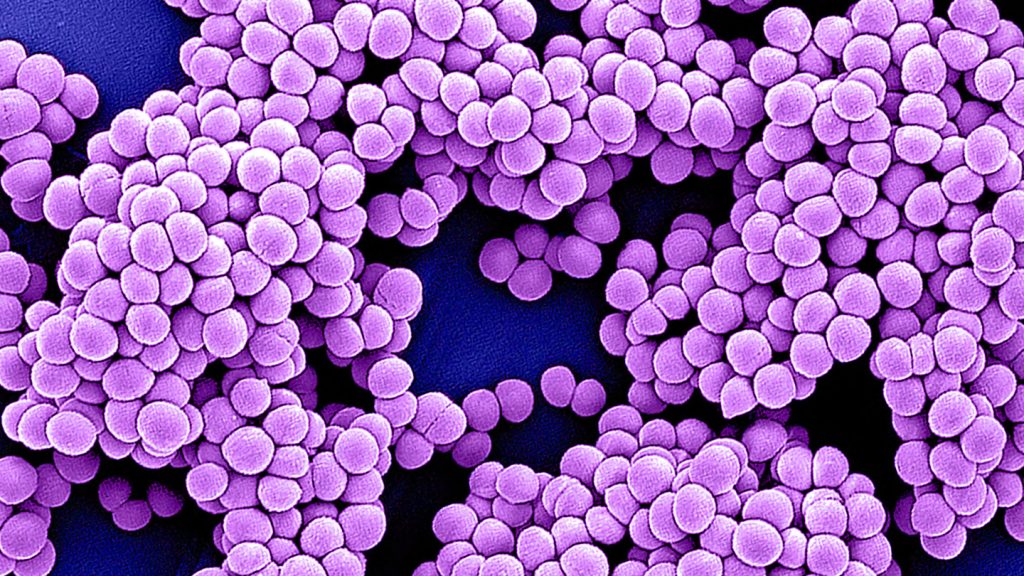Antibiotics have been a crucial tool in saving lives by treating bacterial infections, but the rise of antibiotic-resistant bacteria is becoming a serious global health concern. Resistant strains of bacteria are causing significant mortality rates, with estimates of 50,000 to 100,000 deaths in American hospitals annually. This issue is not limited to hospitals, as antibiotic-resistant bacteria are also posing a health threat outside of healthcare settings. The misuse and overuse of antibiotics are contributing to the loss of their potency, leading to the need for new strategies to combat these bacteria.
In 2019, antibiotic-resistant bacteria became a leading cause of death worldwide, directly resulting in over 1 million deaths and playing a role in nearly 5 million deaths. Scientists are working on various strategies to address this growing problem, including exploring ointments that make bacteria susceptible to antibiotics and utilizing bacterial jumping genes to weaken pathogens. Research is also being conducted on the mechanisms of “last resort” antibiotics to understand how they work, with the goal of modifying them to combat antibiotic resistance. These efforts are essential in the fight against antibiotic-resistant bacteria and improving public health.
The misuse of antibiotics is a key factor contributing to the rise of antibiotic-resistant bacteria. Overuse of antibiotics in healthcare settings and in agriculture is leading to the development of resistant strains of bacteria that are difficult to treat. Educational efforts are needed to raise awareness about the importance of proper antibiotic use and the consequences of misuse. It is crucial for healthcare professionals, as well as the general public, to understand the impact of antibiotic resistance and work towards more responsible antibiotic use to combat this growing issue.
Scientists are emphasizing the importance of supporting climate journalism to strengthen environmental literacy and ensure that responses to climate change are informed by science. It is essential to increase awareness and understanding of environmental issues to address climate change effectively. Publications like Science News play a critical role in providing accurate and up-to-date information on climate science, helping to educate the public and promote informed decision-making. By supporting science journalism, individuals can contribute to enhancing science literacy and understanding, ultimately leading to more informed actions and policies to address climate change.
Maria Temming, the assistant managing editor at Science News Explores, has a background in physics, English, and science writing. Her work focuses on physical sciences and she is dedicated to bringing science news to a wider audience. With her expertise in science communication, Temming plays an important role in expanding science literacy and promoting understanding of complex scientific concepts. Through her contributions to science journalism, she helps to educate and engage readers in the latest developments in the field of science.
To support the efforts of Science News and the Society for Science in strengthening environmental literacy and promoting informed responses to climate change, readers are encouraged to subscribe to Science News and contribute to expanding science literacy and understanding. By investing in science journalism, individuals can help to ensure that accurate information is disseminated to the public, enabling more informed decision-making and actions in response to environmental challenges. Through collective support, the impact of science journalism can be amplified, leading to greater awareness, understanding, and engagement with critical environmental issues.


